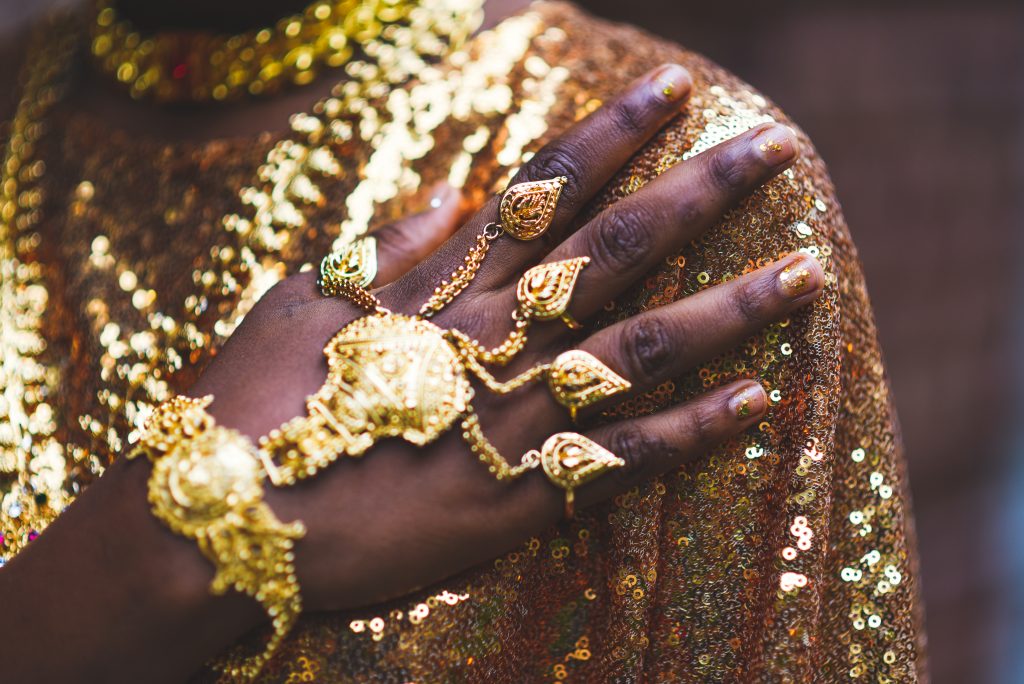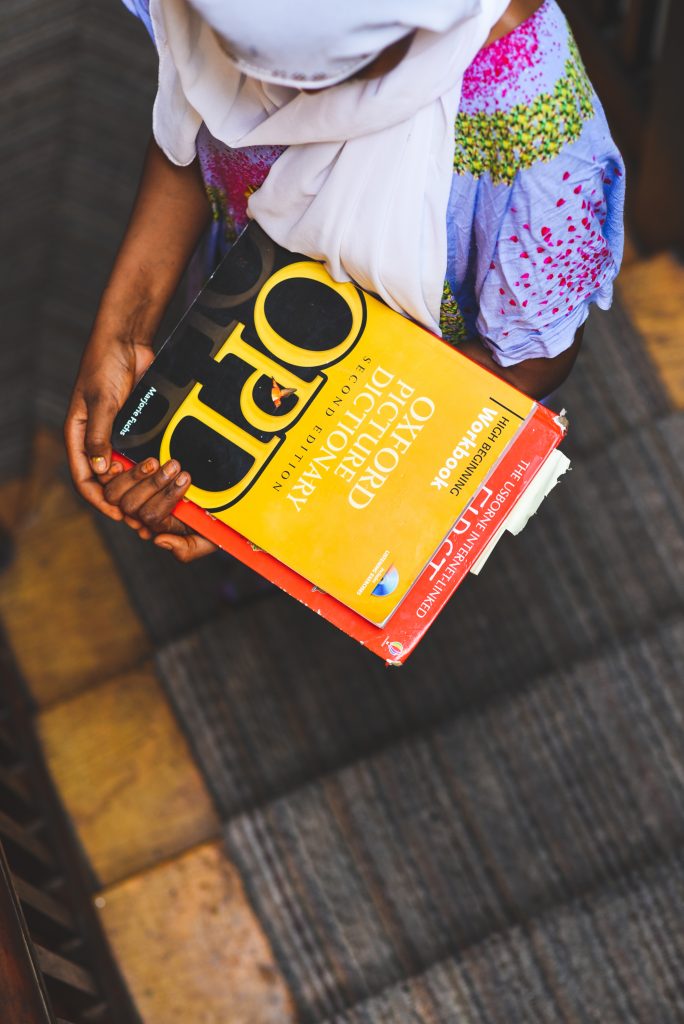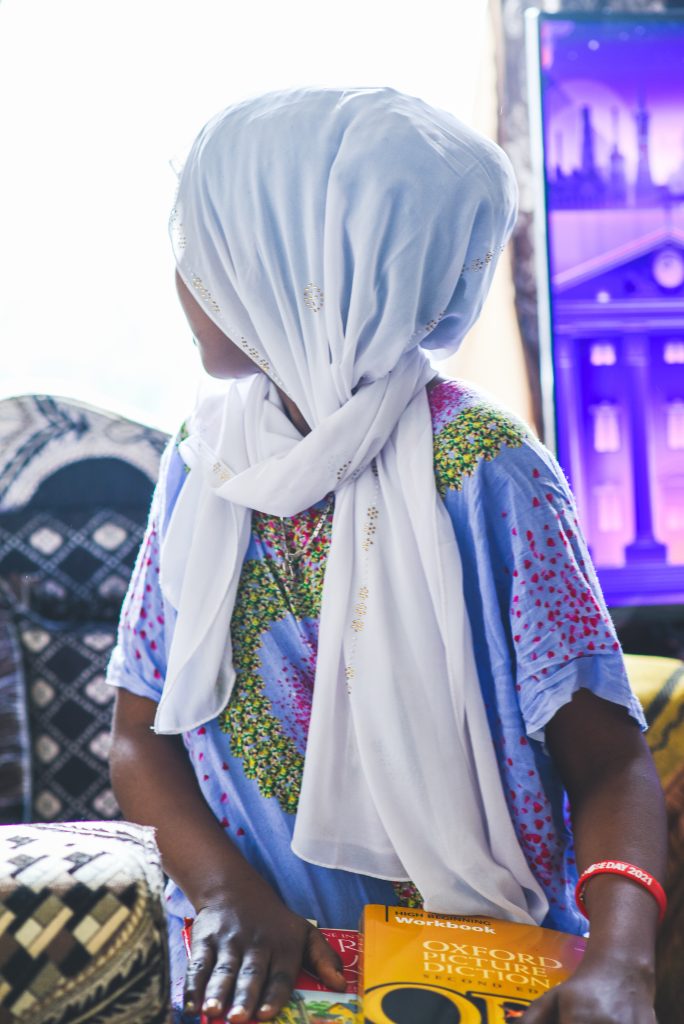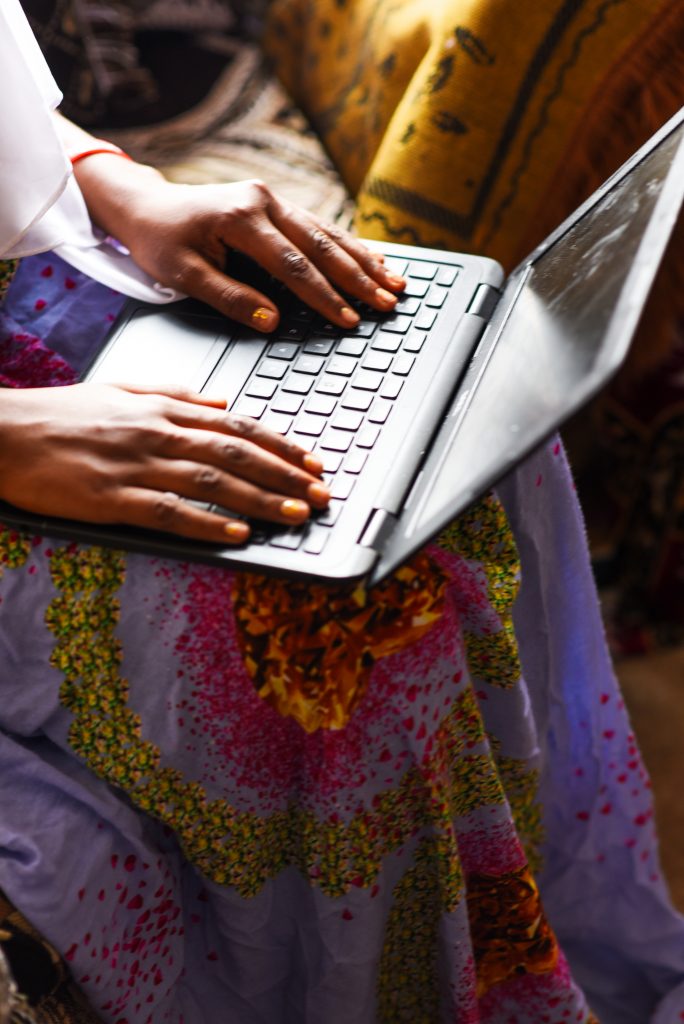Every day World Relief staff and volunteers are invited into stories. We are challenged to recognize the nuanced image of God in each person we serve, and remember that their stories stretch far beyond the boundaries of words like “immigrant, refugee, asylum-seeker.” The posts in this section—voiced in first-person, too long for social media, and lightly edited—extend that invitation to you.
In this post we meet Medina. She’s 17, has learned four languages, and her dream is to be an English teacher. Her family is from the Afar people group of East Africa, and they were forcibly displaced from Eritrea to Ethiopia when Medina was a little girl. When she arrived in the U.S. in 2018, it was the second time she started learning a new country and new language.
Middle Child
Medina — In our country, they start from your own name, then your father, then your grandfather. For example, Fatuma Ali Hassan. But in America they just say Fatuma Hassan. My mom has a nickname. She was her father’s favorite child. So he used to call her Luli. The meaning of Luli – I don’t know how to say it in English – it’s something like a diamond, or gold. A lot of people used to call me Medi, but my nickname doesn’t have a meaning.

Before my little sister was born, my brothers used to listen to me and do whatever I wanted for me because I was the youngest one in our house. But after she was born, they did whatever she wanted for her. Now I’m in the middle so they don’t listen to me that much. Most of the time the middle one has to do everything. They say, “go and clean the room.” And if you say no, they pay you. They say, “I’m gonna give you ten bucks.”
America: “It’s good. It’s cold.”
When we came the U.S., it was me and my mom and my sister and my brother. My other brother and his family came before us. I think they came like one week before. We didn’t know we’d come that fast after my brother. But we were really happy when they said, “it’s time for you.” We had no idea what life in the U.S. would be like. We had some friends who moved here already, and they were telling us a little bit about America. They said, “It’s good. It’s cold.”
We were excited to see America – what it looks like and everything. For some people coming to the US takes like two years or three years. My other two brothers in Ethiopia are also waiting for their chance. One of them has a wife and one child.

When I went from Eretria to Ethiopia, it was a different life. And now it’s a different life in the USA. When I went to Ethiopia, I was seven or something. I don’t remember exactly. In Eritrea I used to speak Tigrinya, because that’s the language most of the people speak there. And when I came to Ethiopia, I completely forgot Tigrinya and I learned Amharic. Now in the U.S.A. I’m kind of forgetting some Amharic, and I’m learning English. In Amharic, when you write, it’s hard. Tigrinya uses the same letters as Amharic, I think. But in English, the letters are the same as the letters in Afar. My family speaks Afar, and I will never forget that language because we always speak it in the house and everywhere.
As a community of World Relief donors and volunteers, you have supported Medina and her family as they continue adapting in their journey from displacement to belonging. Through employment support, for example, you helped her brother increase his earning power by $10 per hour since his first job in the U.S.
Pizza & New Friends
I’m not gonna lie. School was very different over there in Ethiopia. I used to go sometimes and not go sometimes. It was half a day. We used to go in the morning and get out at lunch time. We all spoke the same language there, and we could say anything we wanted to each other. But here, sometimes if you want to say something to your friends, but you don‘t know how it is in English, it’s a little bit harder to explain.

I started in 9th grade in the U.S. in 2018. The first day of school was pretty hard. We didn’t know anyone. We didn’t know anything about English – just how to say “hello.” That was it. We didn’t eat the lunch. We didn’t like the food, or the milk. The first two days I brought my own food from home. But after a few days passed, I saw the pizza and I fell in love with it. There were some Muslim friends, and they told me the pizza was Halal. So it was okay to eat it. It’s really good.
After a while, we found friends. There were some girls who all came from Africa, but our language was not the same. They didn’t know English, and I didn’t know English. I think they’re from Tanzania. My English teacher helped a lot. She was so nice. She was understanding us, even though we didn’t speak English. Like when we explained to her with our hands if we needed water or something, she was understanding. My favorite subject is English. I’m bad at math. And I’m not that good at English actually, but when I try, it gets better.
You’ve been with Medina’s whole family through key moments like the first day of school in a new country. When COVID-19 hit, they had a team of volunteers who provided social connection, helped navigate shelter-in-place protocols, and offered emergency rental support when family members were laid off.
Dream Jobs
My tutor Jenny’s also really nice. I’ve only met her online. She lives in Indiana. She helps me with everything. We tell about ourselves. She tells me her story and I tell her my story. She told me about her family, and how she’s going to university. She’s from Korea, and lives with her mother and father and brother, and has some family in Korea. When I don‘t have homework we do extra stuff – reading and writing practice.

Jenny’s dream job is to be a doctor, and my dream job is to be an English teacher. English is not easy, but if you try and never give up it gets better and better. Other subjects are a little bit harder for me than English. So that’s why I feel like I want to be an English teacher. I think I‘ll teach kids, like 1st grade or second grade. (Read about Jenny’s path from interested to engaged here).
When I came to the US, I didn’t know how to speak English. A lot of people say I learn fast. That’s something I’m proud of. Another good thing is back in Ethiopia, to go somewhere for fun, it was a little bit far from my city. But here you can go downtown, to the zoo, to the beach. In the summer, Mr. Daniel from World Relief used to take us places. It was so fun, I’ll never forget. My favorite was the zoo. When we saw the animals and stuff like that. I hope the summer program can be in person this year.
Tik Tok & Covid
Learning on the computer is really hard. I go to Mather High School, and we are still not going in-person. The hardest part is sometimes the internet cuts off. Sometimes the computer is not working. Sometimes you just want to sleep. The teachers post the homework on google classroom and we send it back. It goes from 8am to 3:15pm. You get tired of sitting all day.

I feel like it’s way better to be in person. When everything is open. You can go everywhere without a mask. You can hang out and eat at restaurants. But now some people feel scared. Right now in our free time we just watch Youtube and movies. My little sister is on Tik Tok all day, doing a new dance, then a new dance. She makes her own videos, but I just watch. One time she made like 100 videos in a day. Tik Tok is crazy. If you watch Tik Tok, you forget about the other things.
Together, we’ve helped over 400,000 people like Medina and her family rebuild their lives in the United States. Continue your support today.
Photos by Rachel Wassink | Writing and interview by Jacob Mau


